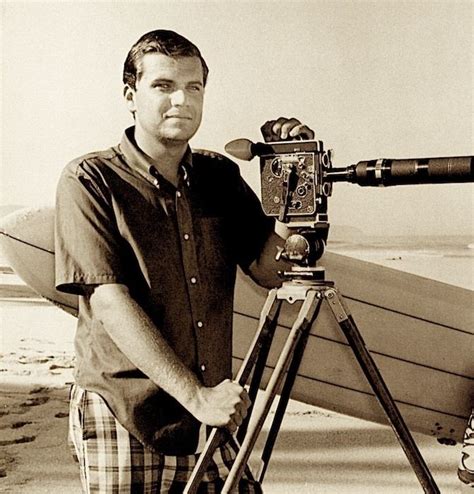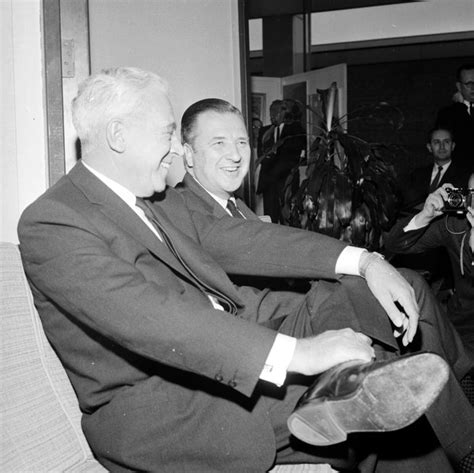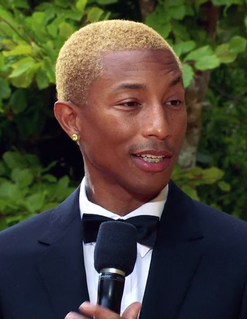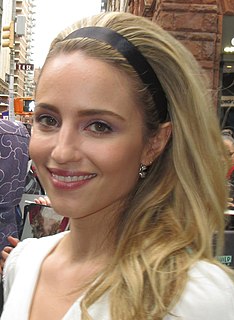A Quote by Greg MacGillivray
With digital, you do have the advantage of having an absolutely rock steady image because there's no projector gate, no perforations, no film weaving through a machine. And there's no dust and no scratching.
Related Quotes
My current project was shot on film, and because of that I've spent my entire day removing dust-specks from negatives. You wouldn't have to do that on digital because you don't get dust on the scanner. I say to myself, "Why am I doing this all day?" I could have just bought a digital camera and I wouldn't have to remove dust-specks ever again. But when you move closer to a film image, it has a real truth to it. And I really like that.
Before one goes through the gate one may not be aware there is a gate One may think there is a gate to go through and look a long time for it without finding it One may find it and it may not open If it opens one may be through it As one goes through it one sees that the gate one went through was the self that went through it no one went through a gate there was no gate to go through no one ever found a gate no one ever realized there was never a gate
I bristle a little when the argument for film gets put into the nostalgia ghetto. Film is still the highest quality and best-looking image capture medium available. I don't think it always will be. The digital image will get better, and it will eventually surpass the quality of the film image, but it isn't there yet.
If I'm traveling, I'll take a film camera and a digital camera because sometimes there are moments where, if you've lost it, or if coming back and it accidentally goes through the X-ray machine and it gets overexposed, you might have had a really important moment to you and you would be really upset that you didn't have a back-up.
They took 3-D digital photographs of my entire body. I had to pose stark naked, assuming a kind of Spider-Man position. After a minute, one of the technicians pointed to my genitals and said, Um, we're not getting enough data there ... It wasn't what you think. It turns out that the fancy digital camera doesn't pick up dark areas too well, and they were having trouble because of the hair down there. I actually had to spray on this highlighter stuff. (On having digital photos taken for the invisible man role in the film Hollow Man)
Using film was so much easier than the digital technology of today. But digital is still at the beginning of what it can be and they'll be fixing all those problems. It's just too complicated - negatives, tinting, flashing - it's a whole new system that takes a lot of time. Of course, it's not as physical. Even the editing. You used to feed a piece of celluloid into an editor. [Digital] is not expensive and that is an advantage, but I must say that I don't love it.
Various studios are still shooting on film with digital grain and the DI negatives, it's not ideal. We should really be all film or all digital. But that being said, the old way of graining in the camera, now you can make changes like a painter. It's dangerous because you can ruin the film, you can over-fiddle. We've all seen films and gone 'what the hell is that?'



































